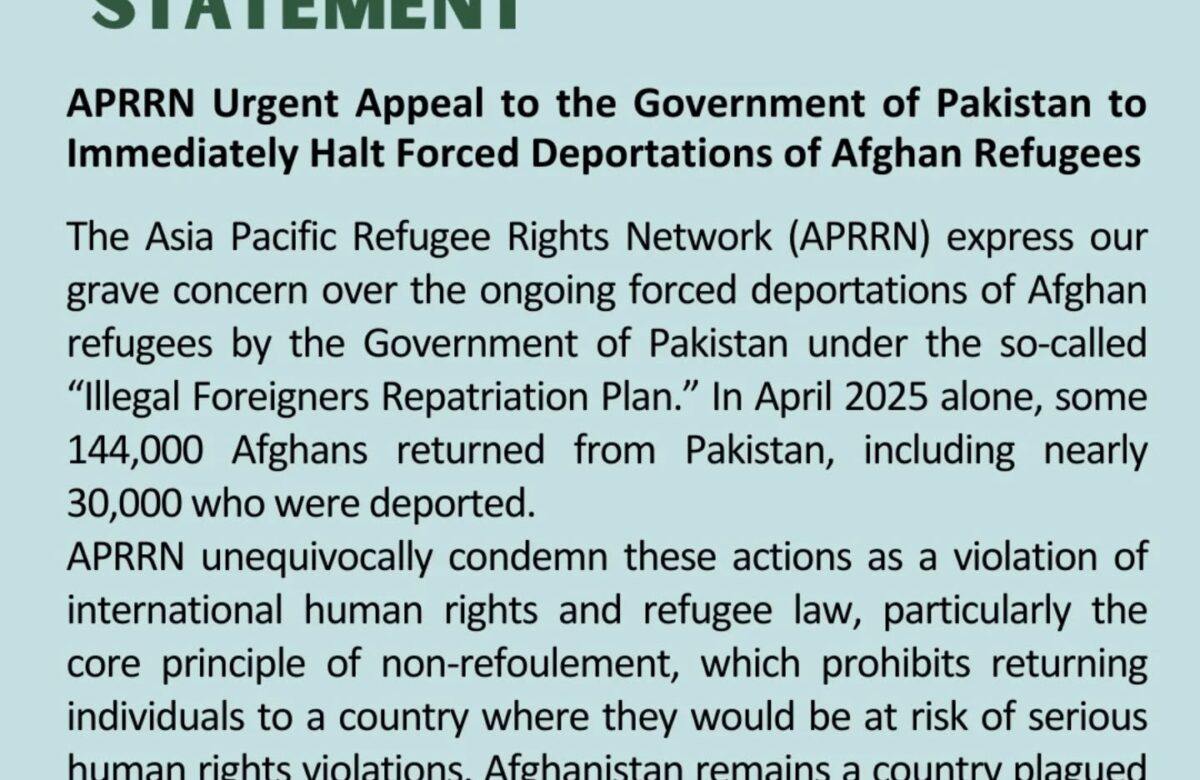
Red Cross official seeks staggered return of Afghans from Pakistan
مقام صلیب سرخ به دنبال بازگشت تدریجی افغانها از پاکستان است
یکی از مقامات ارشد صلیب سرخ خواستار یک رویکرد تجدید نظر شده برای بازگشت پناهجویان افغان از پاکستان به افغانستان است و پیشنهاد می کند که روند بازگشت به کشورشان برای کاهش بار دو کشور انجام شود. با وجود صدها هزار پناهجوی افغان که قبلاً به دلیل مسائل اسنادی مجبور به ترک پاکستان شدهاند و انتظار میرود بیشتر از این به دنبال آن باشند، این مقام بر نیاز به جریانهای مهاجرت قابل مدیریت برای اطمینان از حمایت کافی و ادغام در افغانستان تأکید میکند.
چالشهای فراروی پناهندگان افغانی که بازگشتهاند بسیار دلهرهآور است، زیرا بسیاری از آنها منابع لازم برای بازسازی زندگی خود را در کشوری که ممکن است با آن آشنا نباشند، ندارند. اکثر عودت کنندگان، از جمله تعداد قابل توجهی از کودکان، با شرایط بهداشتی بد و دسترسی محدود به خدمات ضروری روبرو هستند. تلاش های بشردوستانه در درجه اول بر کمک به عودت کنندگان پس از ورود به ایستگاه های ترانزیتی نزدیک مرز متمرکز است، اما چالش های طولانی مدت اسکان و معیشت همچنان یک نگرانی مهم است.
با وجود برخی بهبودها در امنیت پس از تسلط طالبان، افغانستان همچنان با بحران های انسانی و حقوق بشری شدید دست و پنجه نرم می کند. در حالی که تلاشهایی برای رفع نیازهای سلامت جسمی و روانی جمعیت انجام میشود، چشمانداز کشور بهویژه در مورد حقوق زنان و چشمانداز اقتصادی تیره و تار است. بدون تغییر اساسی در سیاست ها و افزایش حمایت، مسیر افغانستان به سوی ثبات و رفاه نامشخص است.
A senior Red Cross official is calling for a revised approach to the return of Afghan refugees from Pakistan to Afghanistan, suggesting a staggered repatriation process to ease the burden on both countries. With hundreds of thousands of Afghan refugees already forced to leave Pakistan due to documentation issues, and more expected to follow, the official emphasizes the need for manageable migration flows to ensure adequate support and integration in Afghanistan.
The challenges facing returning Afghan refugees are daunting, with many lacking the resources to rebuild their lives in a country they may not be familiar with. The majority of returnees, including a significant number of children, face poor health conditions and limited access to essential services. The humanitarian effort is primarily focused on assisting returnees upon arrival at transit stations near the border, but the long-term challenges of settlement and livelihood remain a significant concern.
Despite some improvements in security following the Taliban’s takeover, Afghanistan continues to grapple with severe humanitarian and human rights crises. While efforts are being made to address the population’s physical and mental health needs, the outlook for the country remains bleak, particularly regarding women’s rights and economic prospects. Without fundamental changes in policies and increased support, Afghanistan’s path to stability and prosperity remains uncertain.
Source
- Tags
- Oceania



